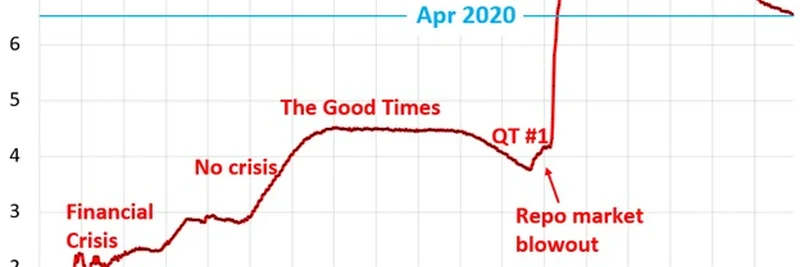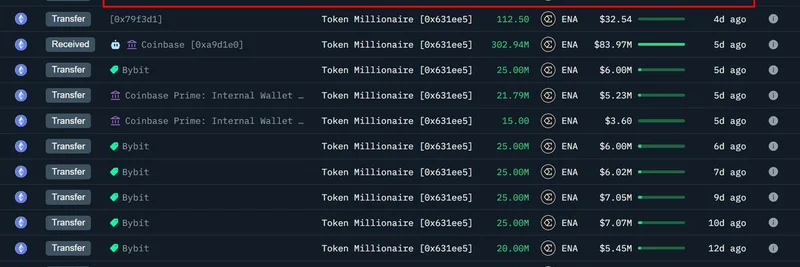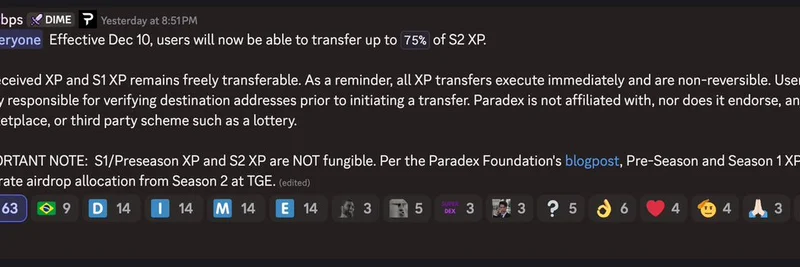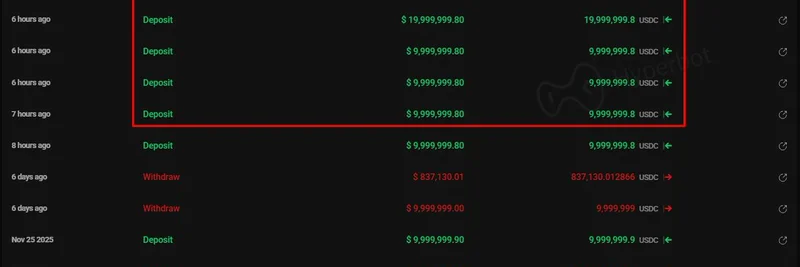Big news dropped yesterday in the crypto space—VanEck, a major player in investment management, has officially submitted an S-1 filing to the U.S. Securities and Exchange Commission (SEC) for what could be the first-ever Solana ETF fully backed by a liquid staking token (LST). Specifically, it's tied to JitoSOL from Jito Labs. This move could bridge traditional finance (TradFi) with the fast-paced world of Solana, potentially pumping more liquidity into the ecosystem where many popular meme tokens thrive.
If you're new to this, an ETF (Exchange-Traded Fund) is like a basket of assets that trades on stock exchanges, making it easy for everyday investors to get exposure to crypto without directly holding tokens. Solana, known for its high-speed blockchain and home to viral meme coins like BONK or WIF, is getting a spotlight here through staking rewards.
The announcement came via a tweet from Jito, featuring a video interview with Lucas Brotherus, Head of Digital Assets Product at VanEck, and @buffalu__, co-founder and CEO of Jito Labs. In the discussion, they break down the nuts and bolts of this ETF. Let's dive into the key points.
Understanding the JitoSOL ETF
JitoSOL is essentially a liquid staking token on the Solana network. When you stake your SOL (Solana's native token) through Jito's pool, you get JitoSOL in return. This token represents your staked SOL plus any rewards from maximum extractable value (MEV)—think of MEV as extra profits validators can make by ordering transactions smartly.
The proposed VanEck JitoSOL ETF would hold JitoSOL, allowing investors to earn staking yields without locking up their assets. Unlike traditional staking where your tokens are tied up, LSTs let you keep liquidity for trading or DeFi activities. This ETF aims to make that accessible via regulated brokerage accounts, potentially attracting billions in institutional money.
LSTs vs. Single Validator Approach
One hot topic in the interview: why go with LSTs over a single validator setup? A single validator means the ETF would rely on one entity to stake SOL, which could be risky if that validator goes offline or gets slashed (penalized for bad behavior). LSTs, like JitoSOL, spread the stake across multiple validators, reducing risk and boosting decentralization—core principles in blockchain.
@buffalu__ emphasized how Jito's approach maximizes rewards through MEV sharing, something a single validator might not optimize as well. For meme token enthusiasts, this means a more robust Solana network, potentially leading to lower fees and faster transactions for launching and trading memes.
Staked vs. Unstaked SOL: What's the Difference?
Staked SOL earns rewards but can't be used elsewhere until unstaked, which takes time on Solana (up to 2 days). Unstaked SOL is free to move but misses out on yields. JitoSOL bridges this gap—you stake, get the token, earn rewards, and can still use it in apps like decentralized exchanges.
The ETF would expose investors to staked SOL's benefits without the hassle, making it appealing for those wary of crypto wallets. As per the filing details on the SEC website, the fund plans to track JitoSOL's performance closely.
Collaborating with the SEC
Working with regulators is no small feat. The team discussed navigating the SEC's evolving stance on crypto ETFs. Following approvals for Bitcoin and Ethereum spot ETFs, Solana's turn seems logical, especially with recent guidance treating LSTs as "technical receipts" rather than securities. Approval odds are high, with experts pegging it at 95% by October 2025, according to Cryptopolitan.
VanEck's experience with previous crypto products helped here. They highlighted transparent communication and compliance as key to pushing this forward.
Implications for Meme Tokens on Solana
At Meme Insider, we're all about how blockchain news ties back to meme tokens. This ETF could be a game-changer for the Solana ecosystem. More institutional inflow means higher SOL prices and network activity, which often spills over to meme coins. Think increased trading volumes, new launches, and perhaps even meme-themed LSTs down the line.
Jito itself has roots in enhancing Solana's efficiency, which indirectly supports the wild world of memes by keeping fees low during hype cycles. If approved, expect a surge in Solana-based projects, including those fun, community-driven tokens we love.
For the full scoop, check out the original video on X. What do you think—will this ETF supercharge Solana memes? Drop your thoughts in the comments!
Stay tuned to Meme Insider for more updates on crypto innovations that matter to meme token traders and builders.




